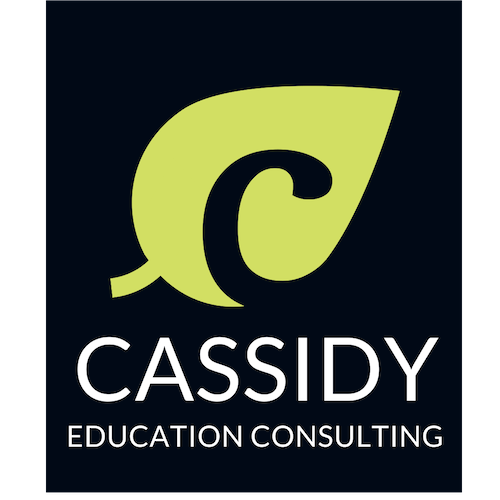Your’re probably familiar with Maslow’s Hierarchy of Needs. Maslow’s theory suggests that our more basic needs must be addressed before we can focus on things like collaborating, learning, being creative and expressing our “best self”.
Addressing our physiological needs is pretty straightforward. We know we need food, water, and shelter to survive.
What is less clear, and increasingly relevant in the 21st century, is how to address those needs in the middle of Maslow’s Hierarchy that are required to reach a state of self-actualization. What the research tells us is that needs like—social and emotional safety, belonging, and esteem—are best addressed in two central ways:
Establishing a healthy group culture
Developing advanced personal, social, metacognitive, and problem solving skills.
When these needs are addressed, well, the sky is the limit!


